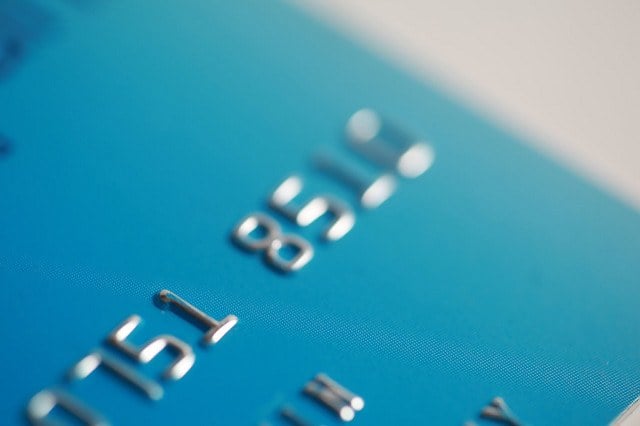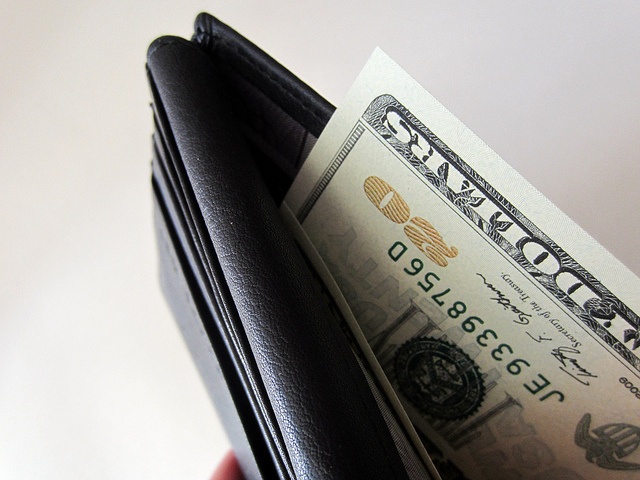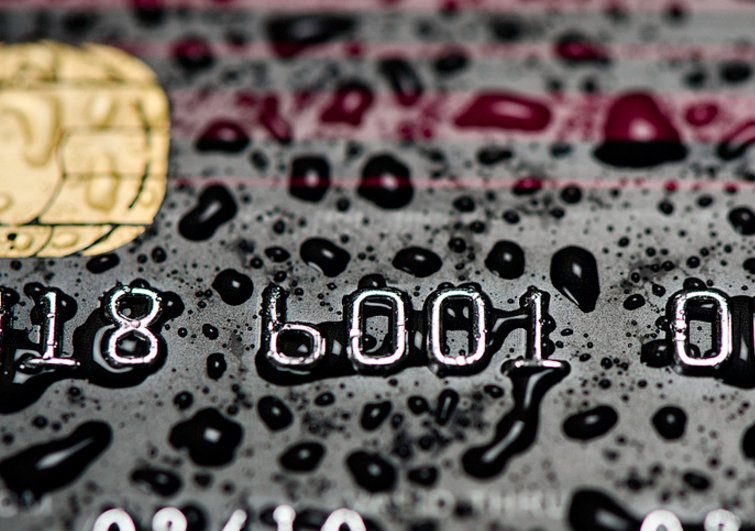The average U.S. household carries $5,700 in credit card balance, according to 2016 data by the Federal Reserve. Unfortunately, a few myths persist that misinform consumers when it comes to sound financial practices and these misperceptions can have a negative impact on your credit report. It’s important to have a good profile with the three major reporting agencies because a low credit score can increase your borrowing costs, prevent you from accessing loans, and even diminish employment opportunities.
Here are five myths when it comes to personal credit.
Myth No. 1: Closing your accounts will improve your score.
This is a common myth. Nearly one-third (31 percent) of Americans surveyed think that closing unused cards is good for credit according to an Oct. 2016 Capital One Credit Confidence Study. It can actually hurt your score by lowering your overall credit availability. What improves your score is paying down your balance and meeting your current obligations. Moreover, make sure you have a low credit utilization ratio. A high ratio can inform potential creditors that you may be over your head in loans.
You aren’t born with a credit score. You have to build it and maintain it. It measures your financial dependability.
The whole purpose of paying your cards properly is to show potential and/or future lenders that you’re a low-risk borrower who makes payments on time. Doing so can give you access to a low-interest mortgage or car loan. Your credit-based transactions form part of your records with the credit reporting agencies. If you only pay with cash, you won’t have any payment history to show. Cash payments do not leave electronic proof of reliability as a borrower or consumer.
Myth No. 2: Paying a delinquent loan will remove it from your report.
A late or missing payment, a delinquent loan, accounts in collection, and bankruptcies aren’t removed from your credit report even if you pay or settle such accounts. In other words, negative marks will remain on your credit profile for seven years. Also, some bankruptcies stay on your report for up to ten years.
It’s more important to not fall behind in the first place than it is to fix a delinquent account. Adverse information sticks to your report for a long time, so stay current with your bills and avoid items getting reported to the credit bureaus.
(The article continues below.)
Myth No. 3: Settling your phone bill will increase your score.
Wireless is either neutral or bad when it comes to personal finances. Paying your cellphone bill on time won’t build up your credit profile, but a delinquent payment will show up as a negative item. More than half (53 percent) of U.S. respondents incorrectly believe that paying their cellphone bill builds their credit score, according to Capital One’s study.
If you go on vacation, pay your cellphone company ahead of time. You should exercise caution whenever you have a dispute with your provider. An inaccurate statement or a bill that incorrectly charges you for unwanted services could lead to a lengthy resolution process. During the dispute process, it’s possible that your payment could be classified as late.
If you have a dispute, consider paying your bill upfront and ask for a refund if the amount owed ends up being less. Alternatively, work out a plan with your wireless provider so you can avoid having a delinquent payment show up on your credit report.
Myth No. 4: A “hard” inquiry won’t affect your score.
Yes it can. An inquiry involving card applications, credit checks, and employment background inquiries can cause a temporary dip in your score. However, “soft” inquiries such as monitoring your credit score won’t have an adverse impact. About 27 percent of Americans incorrectly think that checking their credit report will reduce their score, according to the same Credit Confidence Study.
There are monitoring tools and mobile apps, such as CreditWise, that allow you to check your score. There are websites that let you check your score for free once a year with Equifax, Experian, and Transunion.
Myth No. 5: A debit card can increase your score.
No it won’t. A debit or check card such as those you use at groceries and gas stations are issued by your bank or credit union but they do not impact your credit report. They simply give you access to cash that you already keep in your checking or savings account. These plastic cards do not represent a credit card balance or consumer loan.
A good credit report isn’t affected by how much money you have deposited into your bank. A credit score doesn’t measure how much paper currency you have stored. “Only by signing up for a credit card and proving that you can use it responsibly will you improve your credit score simply by paying for things,” writes Lauren Gensler at Forbes. However, if you bounce checks or have a negative balance at your bank it can be reported to credit bureaus.
Featured photo credit: Picjumbo via picjumbo.com















































